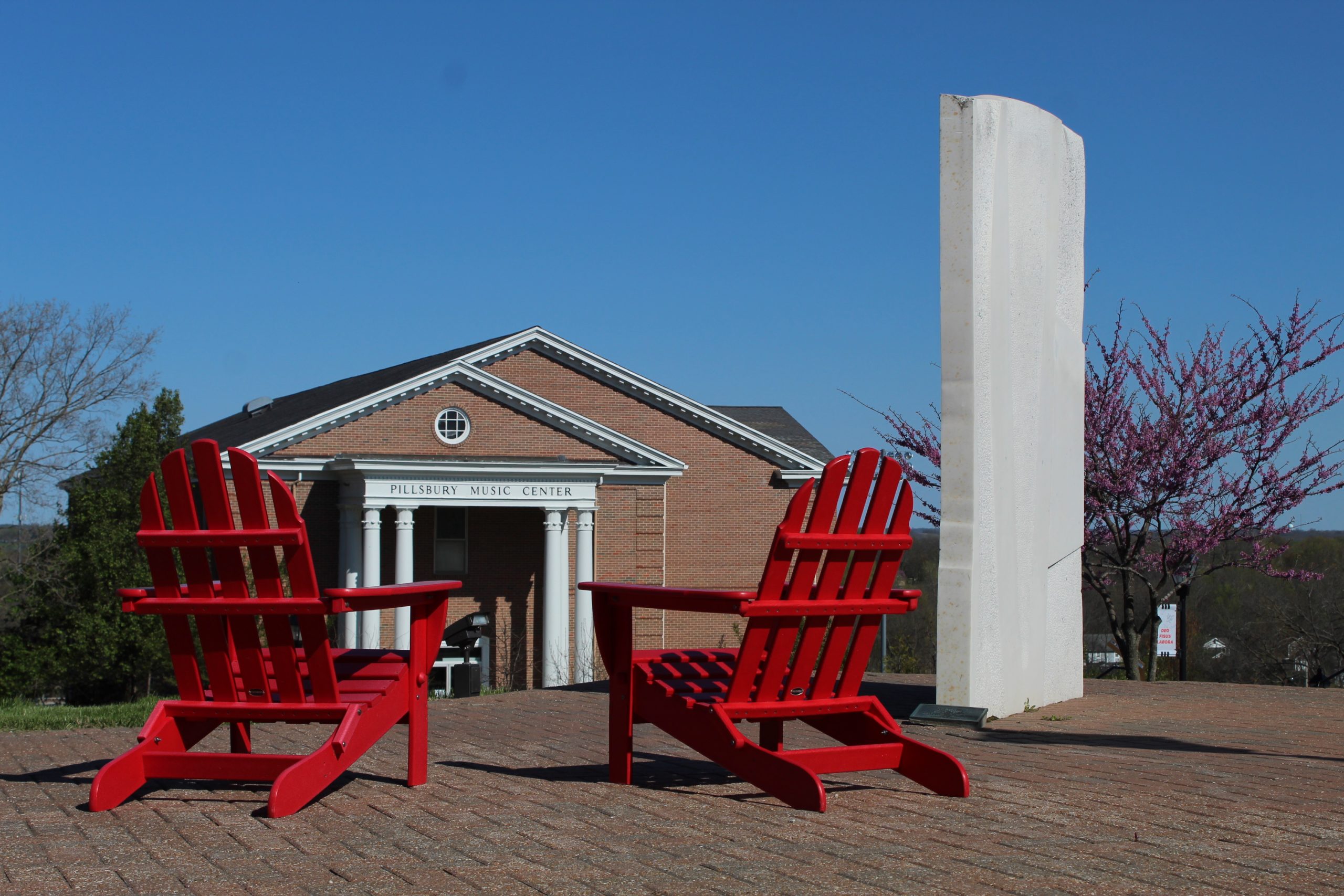
As part of its Paycheck Protection Program (PPP), the federal government allotted $3.27 million to William Jewell College to cover employee paychecks during the COVID-19 pandemic. In addition, the College received $707,592 as a part of the Higher Education Emergency Relief Fund (HEERF) in the Coronavirus Aid, Relief, and Economic Security (CARES) Act, $353,796 of which will be paid directly to students by the College.
Though a provision in the PPP Flexibility Act states that up to 40 percent of the funds may be used for non-payroll, operational expenditures, the College elected to allot all $3.27 million to employee paychecks. This full support for employee pay enabled the College to cover all employee payroll costs for over two months.
Funds from the PPP covered payment for both part-time and full-time non-student employees. Student workers, on the other hand, were paid separately through the Department of Education.
No Jewell employees were furloughed without pay as a result of the pandemic, but a small portion had to suspend work due to the cessation of campus operations in March. Before receiving the PPP stimulus, the College formulated a plan to utilize sick leave and vacation time to maximize payment for these employees while they were unable to work. However, upon receiving the stimulus, the College restored all sick leave and vacation time used by these employees.
Joe Garcia, vice president of operations and finance, said that all employees are likely to return to their jobs by Aug. 1 in preparation for the fall semester.
The US Congress set aside $14.25 billion for universities and colleges within the Education Stabilization Fund – a fund for educational institutions mandated by the HEERF portion of the CARES Act. Grants were then allocated to institutions based on a formula stipulated within the legislation.
The funding from HEERF is intended to cover expenses related to the disruption of campus activities as a result of COVID-19. The College has reserved exactly half of the $707,592 it received to be used for direct student payments.
Though individual circumstances vary, the College determined that all students were entitled to compensation due to financial disruptions caused by the coronavirus. Garcia confirmed that each student will be receiving, at minimum, around $580 through HEERF.
College employees reviewed student eligibility for funding through 2019-20 FAFSAs, and checks are expected to be sent out to students within the next two weeks.
Students who may need additional financial assistance can apply for a Professional Judgment (PJ). A PJ allows the College to review the individual circumstances of students beyond just the scope of their FAFSA information in order to decide if conditions are met for additional financial assistance. If they qualify, PJs can result in additional financial assistance through Title IV student aid.
Garcia noted that the College has gone to several additional lengths to lessen the financial burden of the coronavirus pandemic on students and employees.
“In response to COVID-19, the College conducted online campus visits, accepted unofficial transcripts for admittance, and waived all deposits. We provided financial aid relief to incoming students experiencing hardship. More exemptions were made to the on campus living requirement. We extended deadlines for other financial aid opportunities,” Garcia said.
